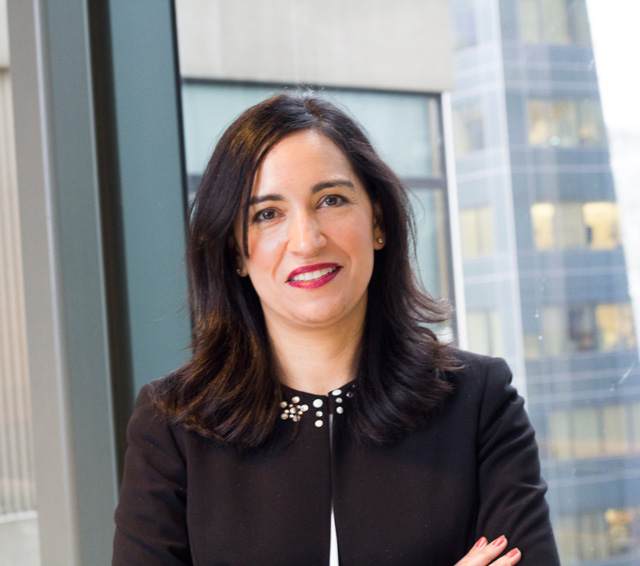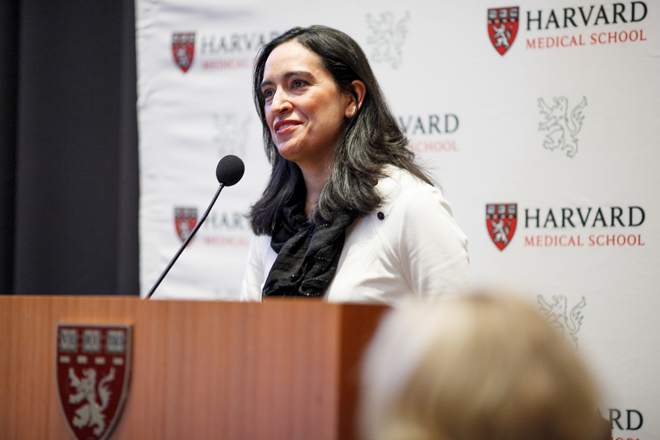Dandan Yang, Ph.D.
I was born and raised in Changsha city, located in southern China. I got my B.S degree in Life Science at Wuhan University in China, where I was first exposed to bioresearch in the areas of Molecular Biology, Microbiology and Structural Biology. After graduating with a B.S degree in 2013, I joined in Tsinghua University in China, as a Ph.D student, where I worked on the function of Bcl10 in innate and adaptive immune response. I got my Ph.D degree in 2019 under the supervision of Dr. Xin Lin at the Institute for Immunology. During my Ph.D training, I become very interested in the immune system and it’s implications in human diseases. I recently joined the laboratory of Dr. Ana C Anderson as a postdoctoral fellow. Here I am working on very interesting projects focusing on understanding the mechanisms of steroid hormone regulation of immune responses in autoimmunity and cancer.
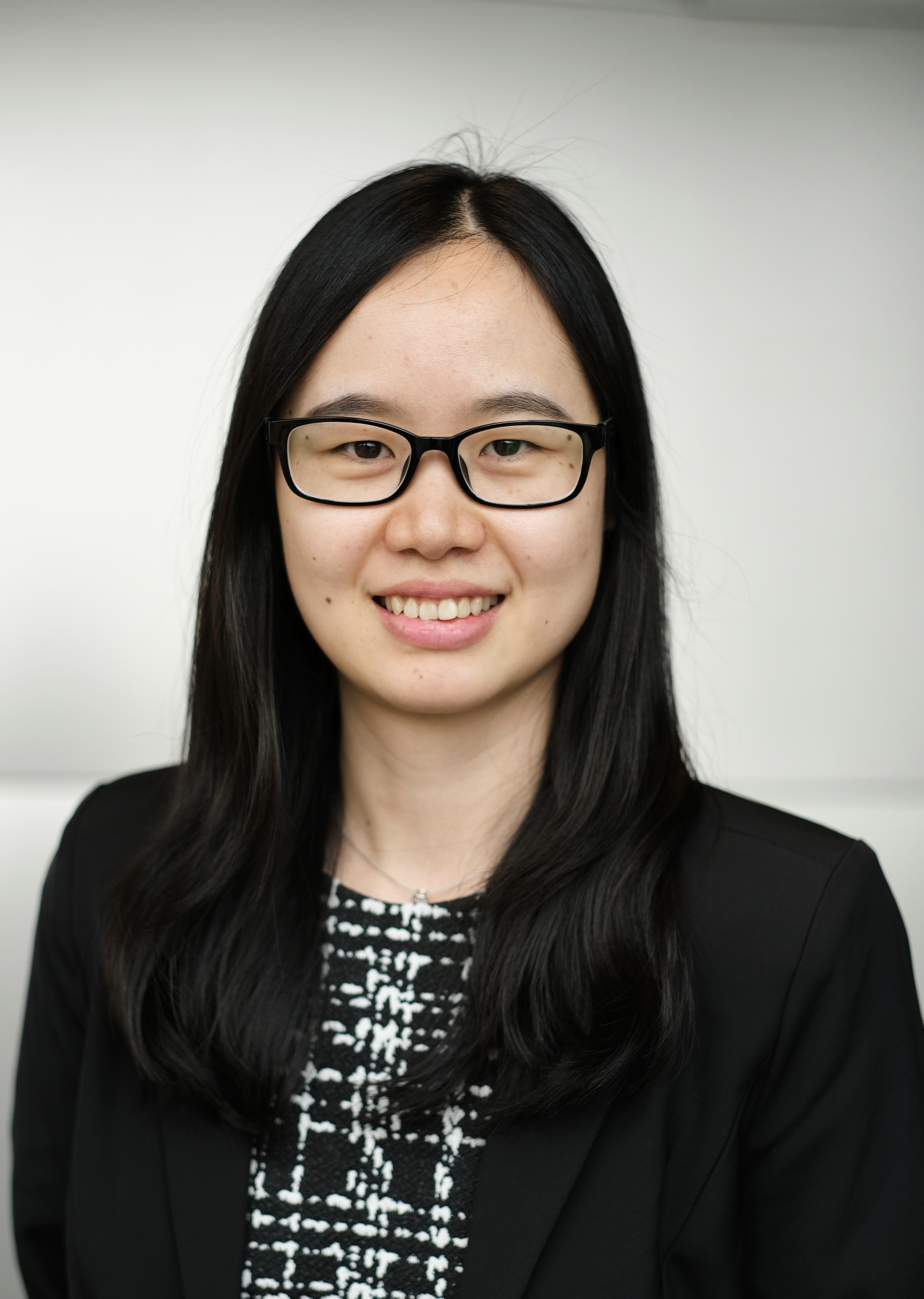
Michelle Bookstaver, Ph.D.
I grew up in Scituate, a small town on the south shore of Massachusetts. I graduated from Brown University in 2013 with a B.S. in Chemical and Biochemical Engineering. I then went on to receive my M.S. in Biomedical Engineering from Brown in 2014. During my Master’s degree, I became more interested in studying cancer immunotherapy and I decided to pursue my PhD in bioengineering. I did my doctoral studies in the lab of Dr. Chris Jewell where my research focused on using bioengineering strategies to understand the trafficking and function of immune signals in the context of vaccination and immunotherapy. These studies revealed self-assembled immune signals exhibit distinct processing features - including accelerated internalization and activation - translating to unique immune outcomes in primary cells and pre-clinical animal models. My doctoral work was supported by an NIH F31 NRSA Fellowship and a spot on the NIH T32 Host Pathogen Interactions grant. Through my doctoral strategies I have grown to appreciate the complexity of the immune system and the interaction between different immune cells and malignant cells. Joining the Anderson lab as a postdoc gives me the opportunity to study the role of the immune system in glioblastoma. I believe these studies will help define novel therapeutic approaches for glioblastoma to enhance cancer immunotherapy.
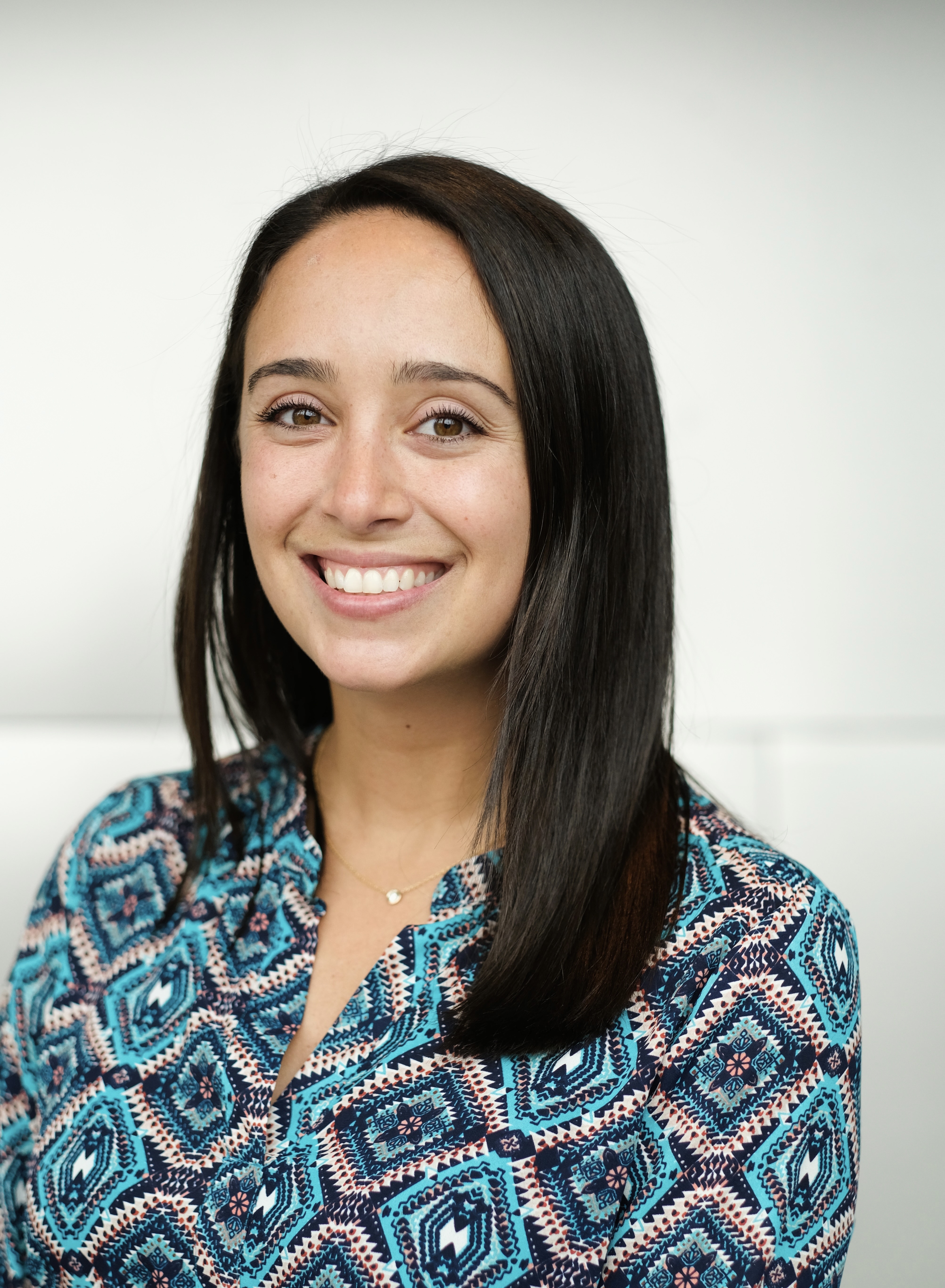
Young-Jun Ju, Ph.D.
I'm from Seoul, the most vibrant and beautiful city in East Asia. I graduated from Seoul National University, the most prestigious university in South Korea, with a B.S. in Animal Biotechnology. I then entered the M.S./Ph.D. integrated program at Seoul National University and chose Immunology as my major.
My Ph.D. was conducted as joint research between Seoul National University and the Institute of Basic Sciences Prof. Cheol-heui Yun and Prof. Jae-ho Cho, and under the guidance of the two supervisors, I suggested a new strategy to distinguish subpopulation of naïve CD8+ T cells and proved strength of self-TCR and homeostatic type I IFN signals as the factors which can affect to their fate decision and role of them in their viral infection model. Through these studies, I could be realized that naïve T cells shows contradictory responses and differentiation preferences to a wide variety of diseases, which is due to changes of the unique immunological environmental factors created by each disease. In particular, the effect of the tumor microenvironment on CD8+ T cells was quite dominant, and I wanted to study this field in depth during my postdoctoral research.
Joining Prof. Ana Anderson's lab is an opportunity that best aligns with my thoughts. Extending the roots of my research, I am excited that collaborating with outstanding research teams and applying pioneered technologies to get an opportunity to understand how T cells are changed in the tumor microenvironment, as well as how their functions can change with the aging of the host.
And I have no doubt that it will be one another wonderful experience of my life to live in Boston, the most academic city in the world.
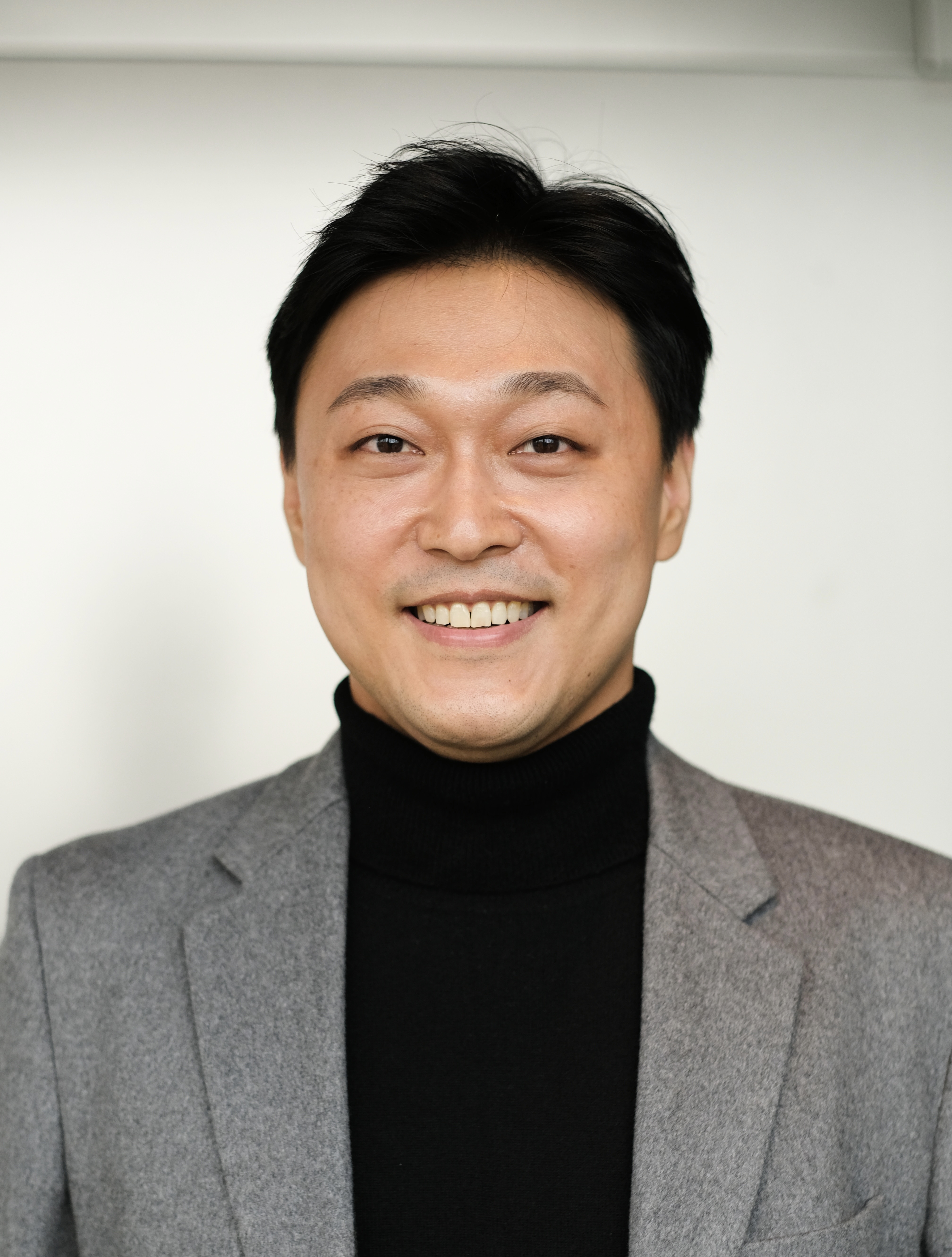
Kidist Ashami, B.S.
I was born and raised in Ethiopia, the birthplace of coffee. I came to the United States at seventeen after winning a scholarship to participate in an exchange program. I received my undergraduate training from Berea College in Kentucky with a B.A. in Biology. Berea gave me the opportunity to do summer internships at various institutions in the US, such as Vanderbilt University, which introduced me to the basics of conducting biomedical research. Through this process, I realized that research consisted of the qualities I looked for in a potential career: an opportunity to be driven by curiosity, passion for discovering the unknown, and a groundwork built on support and mentorship. Upon completing my undergraduate degree, funded by the NIH's Specialized Program of Research Excellence (SPORE) in Leukemia, I accepted a position with Dr. DiPersio and Dr. Choi, whose lab focuses on investigating fundamental and translational aspects of leukemia at Washington University in St. Louis. For the next two years, I worked on a project that aimed to develop a novel therapeutic strategy for graft-versus-host disease (GvHD). We showed that baricitinib, a Janus Kinase 1/2 (JAK1/2) inhibitor, completely prevents and treats GvHD through the blockade of the interferon-gamma receptor and interleukin-6 receptor, upstream of JAK1/2. Prior to joining graduate school, I studied the role of intrinsic structural disorder that contributes to phase separation of the Orb2 protein, a functional amyloid crucial for long-term memory (LTM) in Drosophila. The findings of this study improved our understanding of pathologic amyloid formations in several neurodegenerative diseases such as Alzheimer’s. Currently, I’m a PhD student in Biological and Biomedical Sciences at Harvard Medical School. I am co-mentored by Dr. Kevin Haigis, Ana Anderson, and Dr. Vijay Kuchroo on a project that seeks to understand the role of tumor microenvironment on the development and progression of Kras mutant colorectal cancers. Outside of work, I enjoy running, hiking, writing poems, cooking, traveling, and spending time with family and friends!
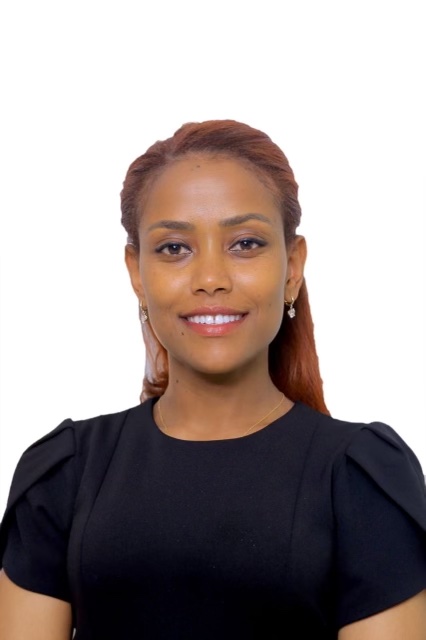
Tong Han, Ph.D.
I was born in Shanxi province and raised in Ordos, Inner Mongolia, China, renowned for its cashmere and coal production. In 2017, I earned my B.S. degree in Life Science from Inner Mongolia University. Following the undergraduate studies, in 2017, I embarked on my Ph.D. journey at Tongji University in China. Here, my research endeavors revolve on combining computational and experimental methods to investigate the intricate interplay between cancer cells and the immune system. My primary focus lies in identifying potential mechanisms of drug resistance or genetic targets with immune-modulating properties, leveraging high-throughput CRISPR screens. In 2023, I received my Ph.D. degree under the supervision of Dr. Xiaole Shirley Liu and Dr. Chenfei Wang. During the course of Ph.D. training, my interests evolved toward gaining the understanding of cancer immunology, especially anti-tumor T cell responses, and immunotherapy resistance, thus I wanted to study this field in depth during my postdoctoral research. In October 2023, I joined the Anderson lab, where I am thrilled to leverage cutting-edge technologies, including high-throughput CRISPR screens and other pioneering methodologies, to delve deeper into the influence of key molecular targets on T cell differentiation and the anti-tumor T cell response.
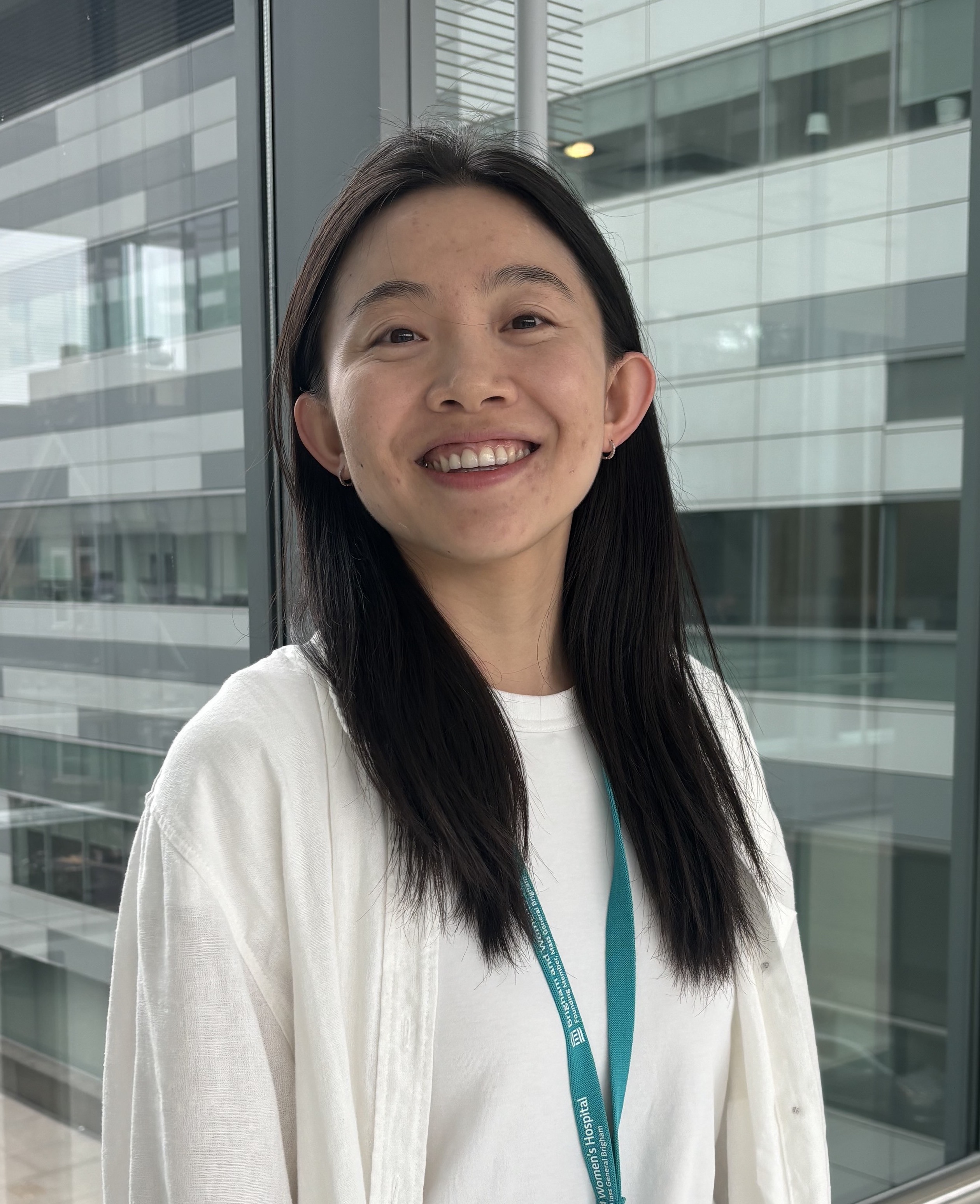
Nicole Carter, Ph.D.
I joined the Anderson lab as a postdoctoral research fellow in February 2025, where I am excited to work at the intersection of cancer immunology and inflammatory disease. Prior to joining the Anderson lab, I received my BA in Biochemistry and Molecular Biology from Boston University in 2017, where I conducted honors research in the lab of Dr. Tom Gilmore. In the Gilmore lab, I studied the relationship between NF-κB activity and symbiotic status in the sea anemone Exaiptasia pallida, which is widely used as a model of coral bleaching. Our work found that the presence of algal symbionts in Exaiptasia pallida suppresses host NF-kB activation, and the expulsion of the symbionts due to heat or other environmental stressors – as occurs during coral bleaching – results in increased host NF-kB activity. I went on to earn my PhD in Biochemistry, Cellular, and Molecular Biology from the Johns Hopkins School of Medicine in 2024, where Iconducted my doctoral research in the lab of Dr. Joel Pomerantz. My doctoral thesis work discovered that QRICH1, a protein that had not been previously implicated in the immune system, regulates CD8+ T cell function by modulating TCR signaling to NF-κB via the signaling hub CARD11. This work raises the possibility that targeting of QRICH1 could be used to boost T cell-mediated immunity in cancer and other contexts where this would be desirable. Over the course of my PhD, I became fascinated by the complex regulation of the immune system and how we can use our knowledge of immunoregulation to treat diseases such autoimmunity and cancer. This fascination led me to join the Anderson lab, where I study the impact of endogenous and exogenous opioids on T cell function. This work has important implications for cancer patients, who often receive opioids as part of their treatment regimens. I am originally from West Chester, PA, and in my free time, I am passionate about cooking, drinking coffee, traveling, exploring new restaurants and cuisines, and lifting weights.
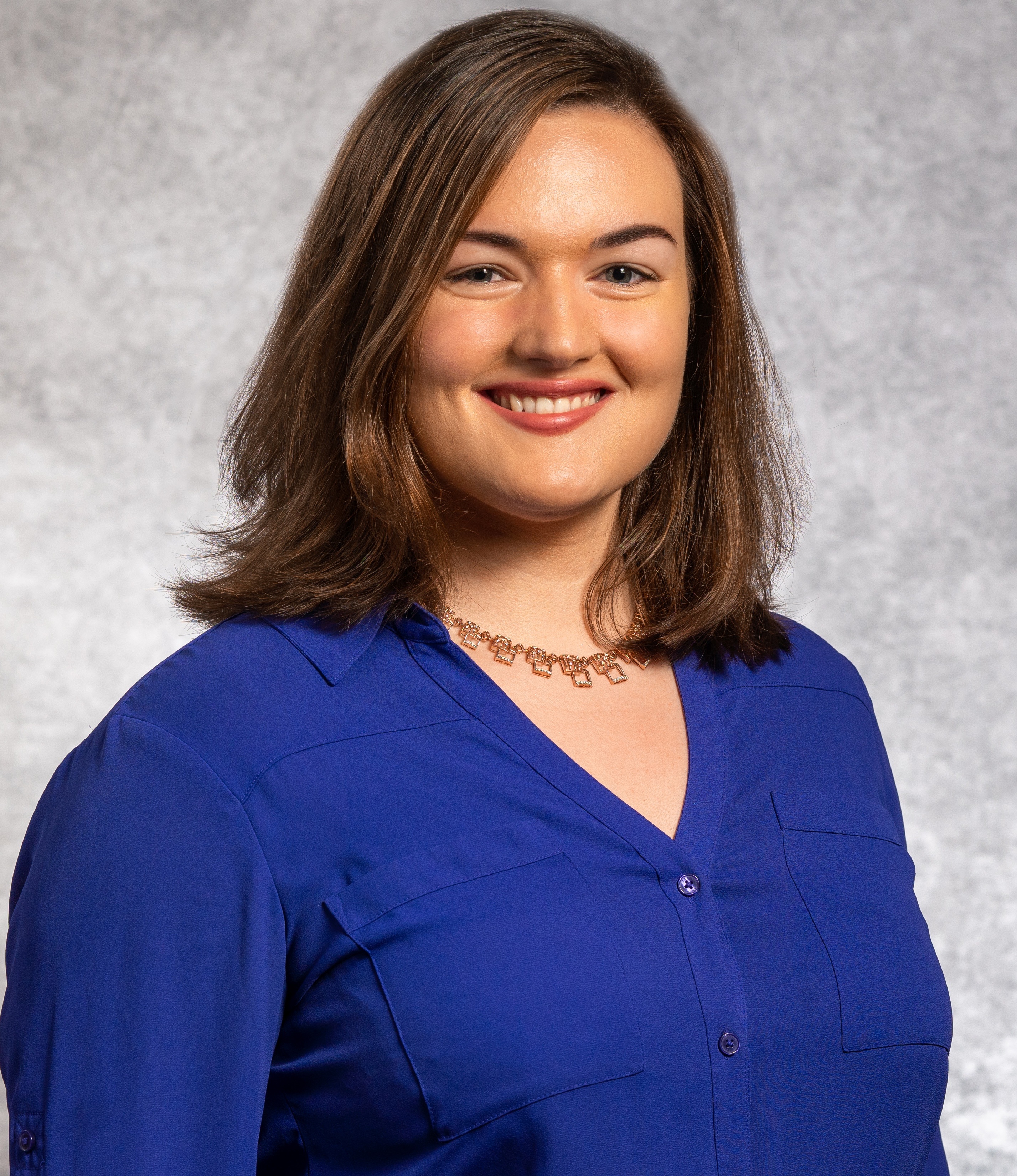
Junrong Xia
I have more than 20 years of laboratory experience within the HMS community (1993-2004 with Dr. Michael Carroll; 2004-2011 with Dr. Klaus Rajewsky). In 2012, I started working with Dr. Anderson. My research skills and interests include genotyping mice with PCR and flow cytometry, Southern blot screening of recombinant embryonic stem cells, and isolating immune cells from tumor tissue. My personal interests include cooking with my husband and daughter, catching up with family over social media, and traveling.
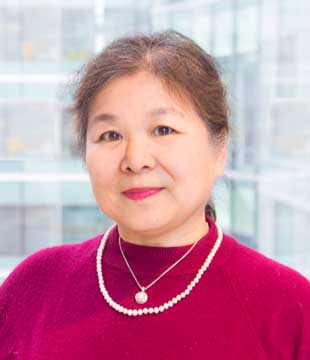
Kathleen Novak
I grew up in Western Massachusetts and received my B.A. from Boston University in 2021, where I double-majored in Biochemistry & Molecular Biology and Psychology. From the start of my undergraduate education, I knew I was interested in therapeutic development but wanted to understand both ends of the discovery pipeline: how drugs are made and how patients experience taking these medications and living with disease. As an undergraduate, I conducted research in medicinal chemistry under Dr. Aaron Beeler, developing fluorescent probes, and in health psychology in the Lab for Contemplative Studies led by Dr. Brenda Caldwell-Phillips, focusing on women’s experiences during cancer recovery. After graduation, I joined the Laboratory for Drug Discovery in Neuroscience at Brigham and Women’s Hospital, led by Dr. Kevin J. Hodgetts, where I worked on developing small-molecule drugs to treat neurodegenerative diseases such as Alzheimer’s and to regulate neuroinflammatory processes. As I realized my interests more closely align with drug-target interactions and disease mechanisms, I volunteered part-time in the Chhatwal/Liu Laboratory, also at Brigham and Women’s Hospital. While there, I worked on a project to improve the efficacy of lecanemab by increasing its selectivity for Aβ. These experiences helped me narrow my interests in investigating disease mechanisms—particularly in brain cancers—as a basis for developing new therapeutics. I joined the Anderson Lab in April 2025, where I’m excited to apply my background in neurology and cancer research to study immunological diseases. Outside of the lab, I enjoy running, cycling, reading, and painting.
